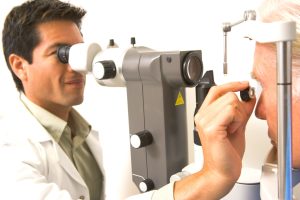Privatization of the medical industry – from nursing homes to hospitals to home health care companies to primary care doctors – is increasingly becoming the norm. Recently, a new study showed that adverse medical outcomes are more likely in privatized healthcare facilities. This is unsurprising to any Palm Beach medical malpractice lawyer.
Published in the peer-reviewed Journal of the American Medical Association, the analysis revealed that in three years after a private equity firm purchased a hospital, the number of negative medical outcomes among patients soared. Surgical infections, bed sores, falls – these sorts of adverse medical events collectively rose by 25 percent. Central line infections in particular rose by 38 percent. Falls by patients staying in the hospital were up 27 percent. These are the sort of incidents that should never happen. And most telling was that in similar hospitals that were not privately-owned, the rates were not rising.
There was a 5 percent drop in the number of patient deaths. However, researchers noted that could be explained by a tendency toward admitting healthier patients who otherwise might have been sent home. Such practices not only skew death rates, they also drive profits.
Those who have studied hospital safety extensively point to this as the first data that strongly points to quality problems at hospitals that are taken over by private equity companies. Continue reading
 South Florida Injury Lawyer Blog
South Florida Injury Lawyer Blog









